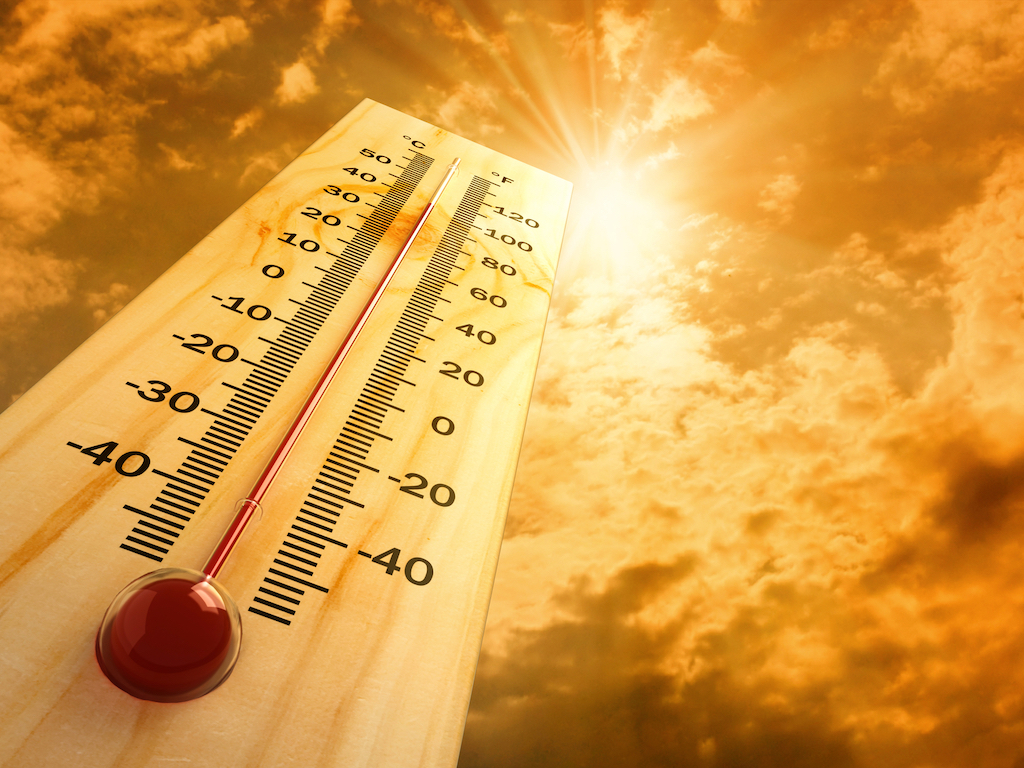2020 On Track To Be The Hottest Year Since Records Began, With Temps In Asia 3 Degrees Higher Than Normal
3 Mins Read
Despite global lockdowns that have lowered carbon emissions, this year is on course to become the hottest year since records began. Meteorologists estimate that there is as high as a 75% chance that 2020 will shatter the records for high temperatures four years ago. Scientists say that these findings show that comprehensive changes must be implemented now before it is too late and that the temporary lower emissions due to the coronavirus lockdown are still insufficient to fight the climate emergency.
The United States National Oceanic and Atmospheric Administration (NOAA) predicts that there is a 75% chance that 2020 will be the hottest year since measurements began and that there is a 99.9% likelihood that this year will rank amongst the top 5 years for temperatures ever recorded. This has surprised scientists, because this year is not an El Niño year, the phenomenon that usually brings higher temperatures.
NOAA said that the trends are closely following the current record of 2016, when global temperatures were much higher than usual due to an intense El Niño.
In another calculation by the NASA Goddard Institute for Space Studies in New York, the agency said that there is a 60% chance that year will set a record for high temperatures.
These findings follow the warnings earlier this year in January, which saw the month break the charts for the hottest January on record. Many regions and cities in the Arctic circle were left without snow, and in February, a research base in Antarctica registered temperatures higher than Hong Kong.
Heating is most pronounced in the first quarter of 2020 in Eastern Europe and in Asia, where average temperatures were 3 degrees celsius above normal. Temperatures in the United States and Western Australia have also soared in recent weeks, with downtown Los Angeles recording a sweltering high of 34 degrees celsius in April.
Speaking to the Guardian, Karsten Haustein, a climate scientist at the University of Oxford, said that lockdowns and travel bans due to the pandemic have only temporarily reduced greenhouse gas emissions, and that the remainder build-up of emissions in the atmosphere will still drive the climate crisis with disastrous consequences.
“The climate crisis continues unabated. The emissions will go down this year, but the concentrations keep on rising,” he said.
But Haustein added that we now have a “unique chance” to change our global trajectory and use the coronavirus crisis as a “catalyst for more sustainable means of transport and energy production.”
Current global heating is already having serious effects on the livelihoods and physical security of a number of communities facing sea-level rise, particularly people living in island states in the Pacific region. It will continue to threaten the over 1 billion people in Asia who live in low-lying and coastal areas. Global heating will also increase the frequency and severity of climate disasters, such as the horrific Australian wildfires experienced last year.
In February, over 200 scientists around the world across 52 countries warned governments and business leaders that there is a high likelihood now of multiple overlapping climate disasters occurring, which will tip the world into a “global systemic collapse”.
Lead image courtesy of DigitalOcean.




